Kia will kick-start its ambitious electrification plans with the introduction of a new mild hybrid diesel model, the Kia Sportage Ecodynamics+, which looks set to arrive with the facelifted model later this year.
Kia has now revealed its 2018 Sportage facelift. Click here for details.
The electrified five-seat SUV uses 48V architecture with a starter-generator unit. This system, which uses a 0.46kWh 48V lithium ion battery, will eventually make its way into other Kia models.
Kia says the starter-generator unit can seamlessly switch from providing up to 13bhp of assistance via a belt that drives the crankshaft to recuperating energy from engine braking.
The Korean company is yet to confirm which of the diesel engines offered in the Sportage will be mated to the mild hybrid system. The options are 1.7-litre and 2.0-litre units; the latter is more likely to be offered with the boost, in order to create a higher-ranking powertrain.
Although exact details are yet to be confirmed, Kia has said that the Ecodynamics+ powertrain also permits the use of a smaller and lighter 12V battery to power the car’s ancillaries. In addition, it uses selective catalytic reduction active emissions control technology, which helps to lower its average CO2 output by 4%, according to the new WLTP tests.
After the diesel mild hybrid’s introduction, Kia will use the technology in a new mild hybrid petrol powertrain. The electrified models will be two of 16 new advanced-powertrain Kias that are due by 2025, including a Niro EV that's due later this year.
Kia’s current electrification plans will be headed by a new hydrogen fuel cell vehicle that’s due to be introduced in 2020. Although details of that car’s development have remained hidden for now, Autocar understands that it will be a standalone model with a range of around 500 miles.
More content:
Kia aims to have autonomous cars in cities by 2021
World's first digital car chassis technology to make it onto roads in 2019
Audi Q8 shown in new sketch ahead of summer launch

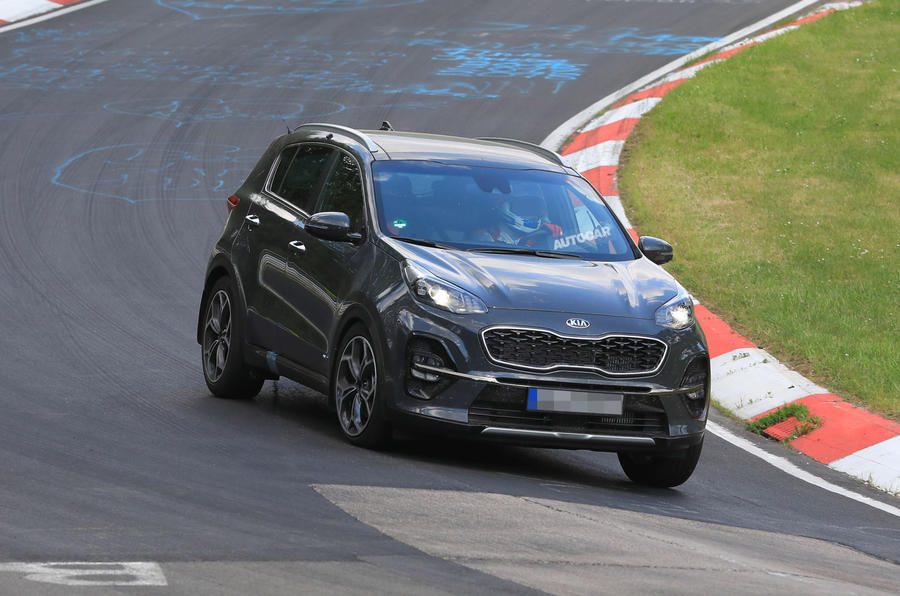



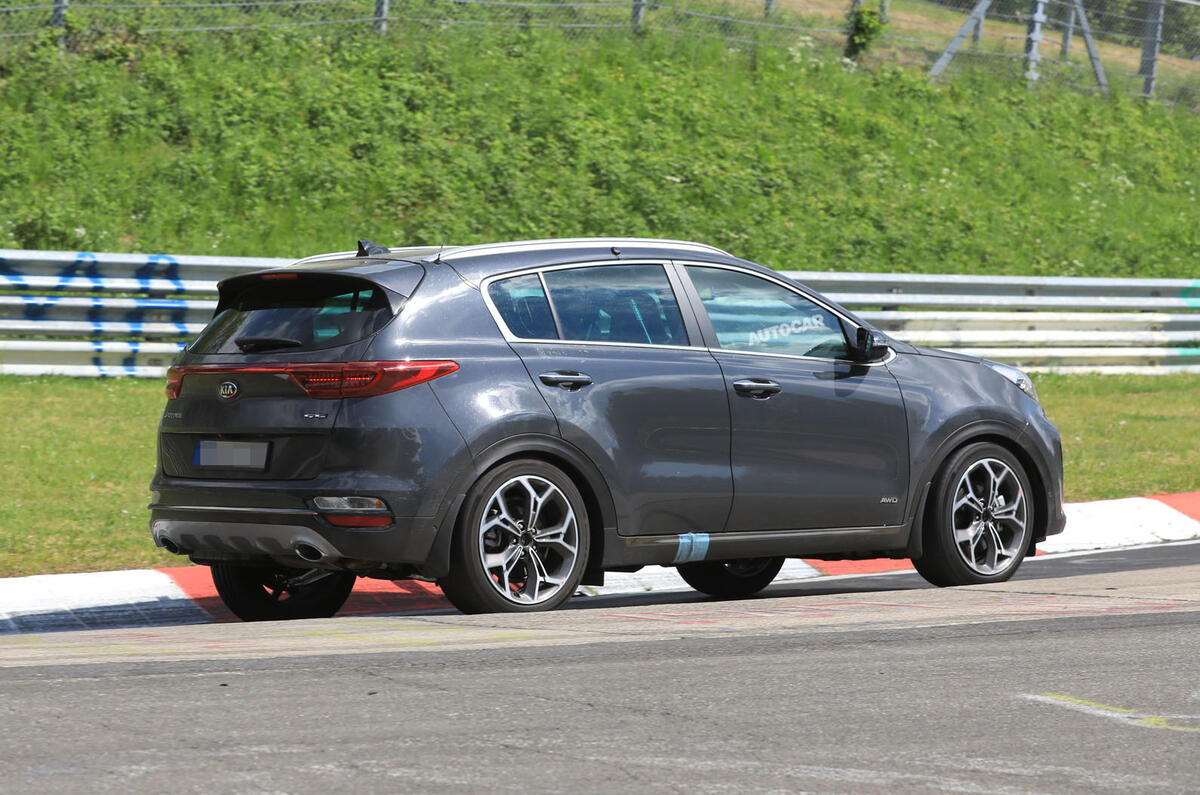

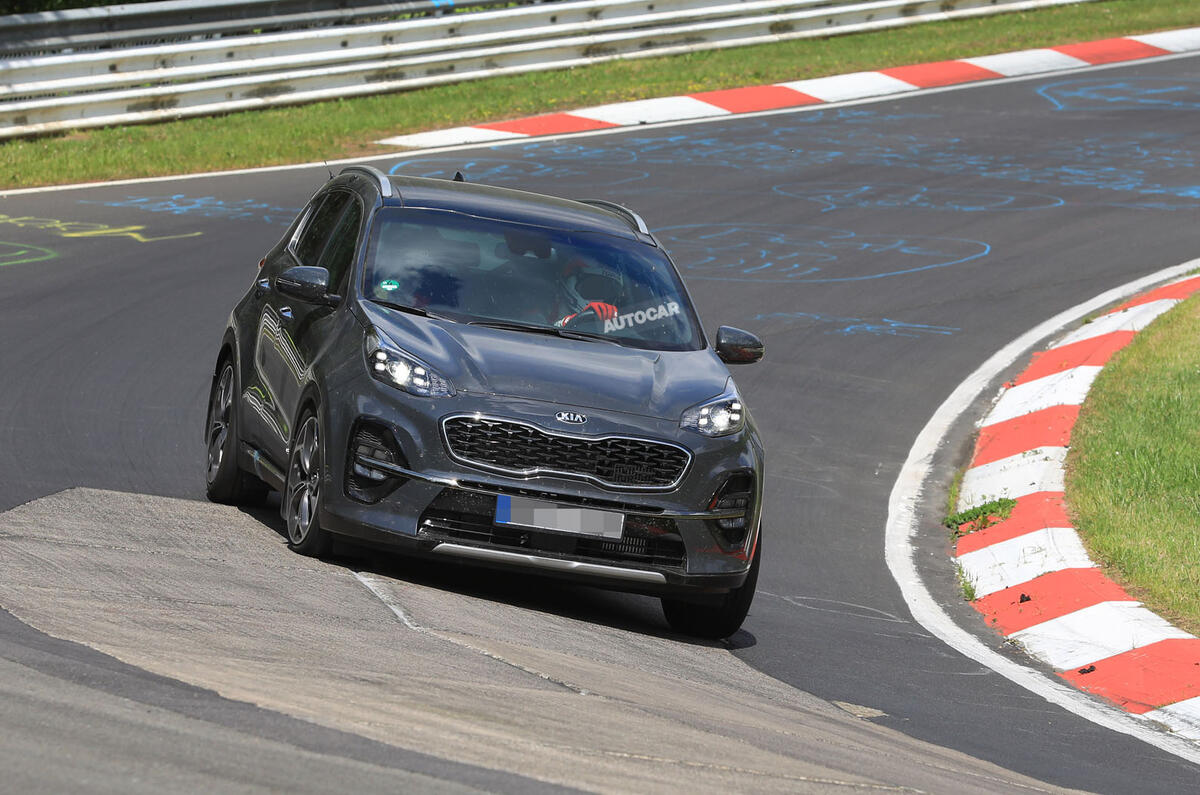



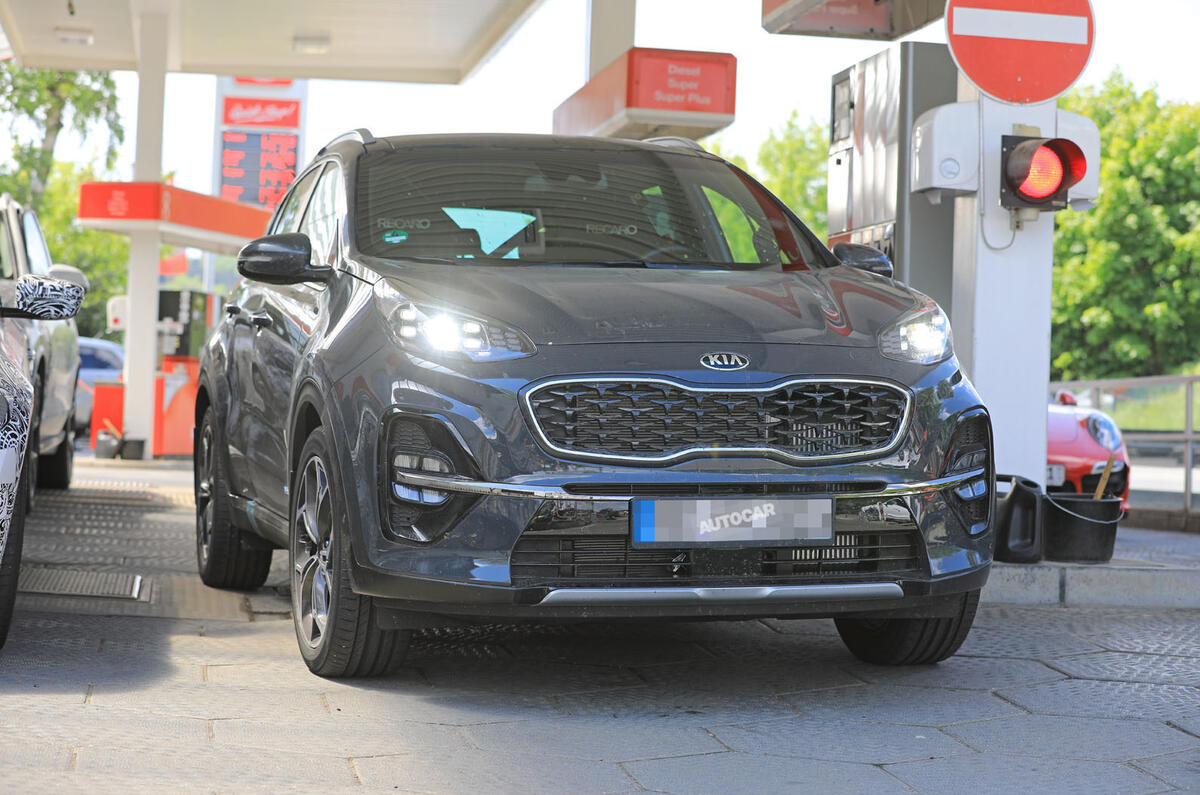



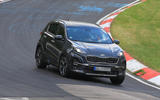
















Join the debate
Add your comment
IMA
Very similar in concept to hondas IMA that also had a small battery and was designed to recover energy into a boost to give the small petrol engine the performance of a larger engine, these systems were never very heavy. Suzuki have something similar as well now. Should be a good addition and I dont see it as a cynical eco mod but as a genuine improvement as it makes use of otherwise wasted energy. I can certainly feel the boost benefit in my crz, it isnt fast but it feels lively but still returns as good economy as the jazz its based on.
Exactly! for all the energy
Exactly! for all the energy you put into a vehicle to make it go, any other than that taken by air resistance and friction is eventually wasted as heat grinding away a layer of brake pad, what use is that! These system recover a useful portion and recycle it back into making you go again. How can that be bad?
This is a different type of system
It is a mild or lightweight hybrid. So the battery is small and it is used to just recovery energy during slow down and provide a mild boost for acceleration. Also the Starter Generator replaces the alternator and starter motor so fewer parts. It is a way to make a vehicle a bit more efficient without a big weight or cost penalty. Very useful for motorway and out of city use where classic hybrids do not offer much of an advantage. You need to think about what they are offering and judge it on how it performs.
As for systems adblue and DEF are just different trade names for a Urea and water solution used in SCR systems are they not?.
I would be intrigued to see how this vehicle performs in real world, it could be a sensible offering for those people where a diesel is a sensible choice. Also on sports cars could be handy, KERS for the road anyone. Replace the battery with a super capacitor could be very useful. Think of it as short term eneryg boost for low weight addition to vehicle and it could be attractive.